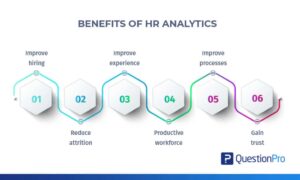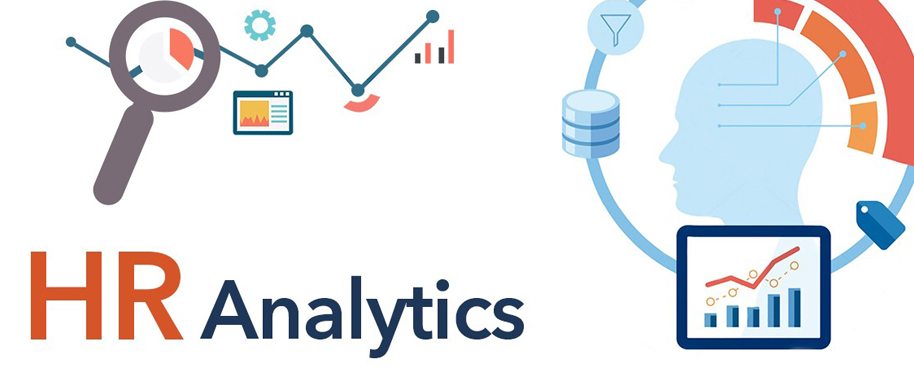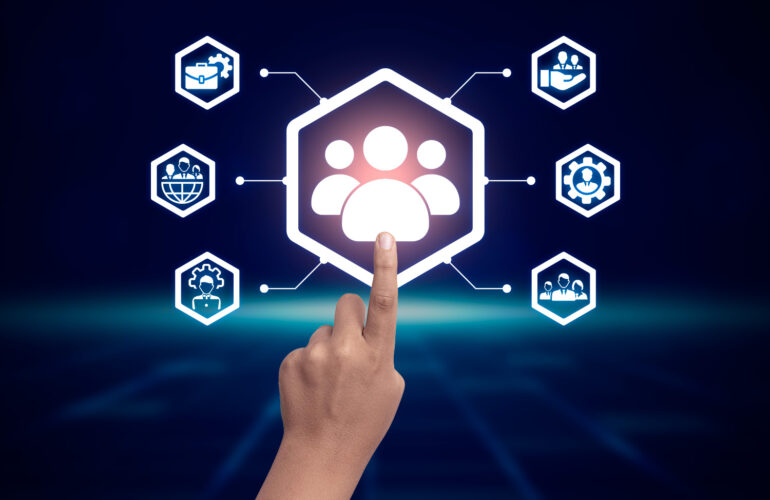Unlocking the Power of Data: HR Analytics for Better Decision-Making
Introduction
In the modern business landscape, data is often considered the new gold. This is particularly true when it comes to Human Resources (HR). Unlocking the Power of Data: HR Analytics can revolutionize the way organizations make decisions regarding their workforce. In this article, we’ll delve deep into this powerful tool and explore its potential to transform HR processes and elevate decision-making to a whole new level.
The Significance of HR Analytics
HR Analytics is more than just a buzzword; it’s a game-changer. In today’s highly competitive business world, companies need to make data-driven decisions, and HR is no exception. Here are some compelling reasons why HR Analytics is so significant:
Unlocking the Power of Data: HR Analytics for Better Decision-Making
HR Analytics provides organizations with invaluable insights into their workforce. From recruitment to talent management and employee engagement, data-driven decisions lead to better outcomes. It enables HR professionals to identify trends, anticipate challenges, and strategize effectively.
Increasing Employee Retention
High employee turnover is a significant concern for companies. HR Analytics can pinpoint the factors leading to attrition. Armed with this knowledge, organizations can take proactive measures to retain their top talent, ultimately saving costs and boosting productivity.
Enhancing Recruitment
Recruiting the right talent is vital for success. HR Analytics can identify the most effective recruitment channels, the best sources for quality candidates, and the factors contributing to the success of new hires.
Optimizing Workforce Planning
HR Analytics aids in predicting future workforce needs. This allows organizations to align their staffing with business goals efficiently. It prevents overstaffing or understaffing, saving both time and resources.
Personalizing Employee Benefits
Each employee is unique, and their preferences vary. HR Analytics can help create personalized benefit packages that cater to individual needs. This not only increases job satisfaction but also enhances employee loyalty.
Measuring Employee Engagement
Engaged employees are more productive and tend to stay longer with the company. HR Analytics tools can measure employee engagement accurately, helping organizations identify areas for improvement and implement strategies to boost morale.
Unlocking the Power of Data: HR Analytics for Better Decision-Making is more than just a tool; it’s a strategic imperative. With these compelling reasons in mind, let’s explore this dynamic field further.
HR Analytics in Action
To understand the practicality of HR Analytics, let’s look at some real-world applications:
Recruitment Analytics
Unlocking the Power of Data: HR Analytics for Better Decision-Making begins with the recruitment process. Organizations can analyze past recruitment data to determine which channels or sources brought in the best candidates. This information can then be used to optimize future hiring strategies.
Predictive Analytics
HR Analytics can predict future employee trends. For instance, it can forecast which departments might face a skills shortage in the near future, allowing HR to take preemptive measures.
Employee Engagement
Engaged employees are the backbone of any successful organization. HR Analytics can measure employee engagement by analyzing surveys, feedback, and performance data. This information helps HR teams make necessary adjustments to improve employee satisfaction.
Learning and Development
HR Analytics is a valuable tool for tracking employee training and development. It allows organizations to identify skill gaps and tailor training programs to individual needs, ensuring that the workforce remains competitive and up-to-date.
FAQs
How can HR Analytics benefit small businesses?
HR Analytics is not exclusive to large corporations. Small businesses can also leverage its power to make informed hiring decisions, manage their workforce effectively, and enhance employee satisfaction.
Is HR Analytics only about numbers and statistics?
While numbers are a crucial aspect, HR Analytics also takes into account qualitative data such as employee feedback and surveys, providing a more holistic view of the workforce.
Are there any privacy concerns with HR Analytics?
Yes, privacy is a concern, and it’s vital for organizations to handle employee data with care and in compliance with relevant data protection laws.
Can HR Analytics replace human decision-making in HR?
HR Analytics is a tool to assist human decision-making, not replace it. It provides insights and data for HR professionals to make informed decisions.
Is HR Analytics expensive to implement?
The cost of implementing HR Analytics varies, but it can be tailored to fit an organization’s budget. Many tools and software are available at different price points.
How can I get started with HR Analytics for my organization?
To get started, you can begin by collecting and organizing your HR data. There are various HR Analytics tools available that can help you analyze this data effectively.
Conclusion
Unlocking the Power of Data: HR Analytics is a transformative tool that empowers HR professionals to make more informed and strategic decisions. It’s not just about numbers; it’s about understanding your workforce on a deeper level. By embracing HR Analytics, organizations can streamline their HR processes, boost employee satisfaction, and ultimately, achieve better decision-making. In today’s data-driven world, it’s clear that this tool is not just a luxury but a necessity.




